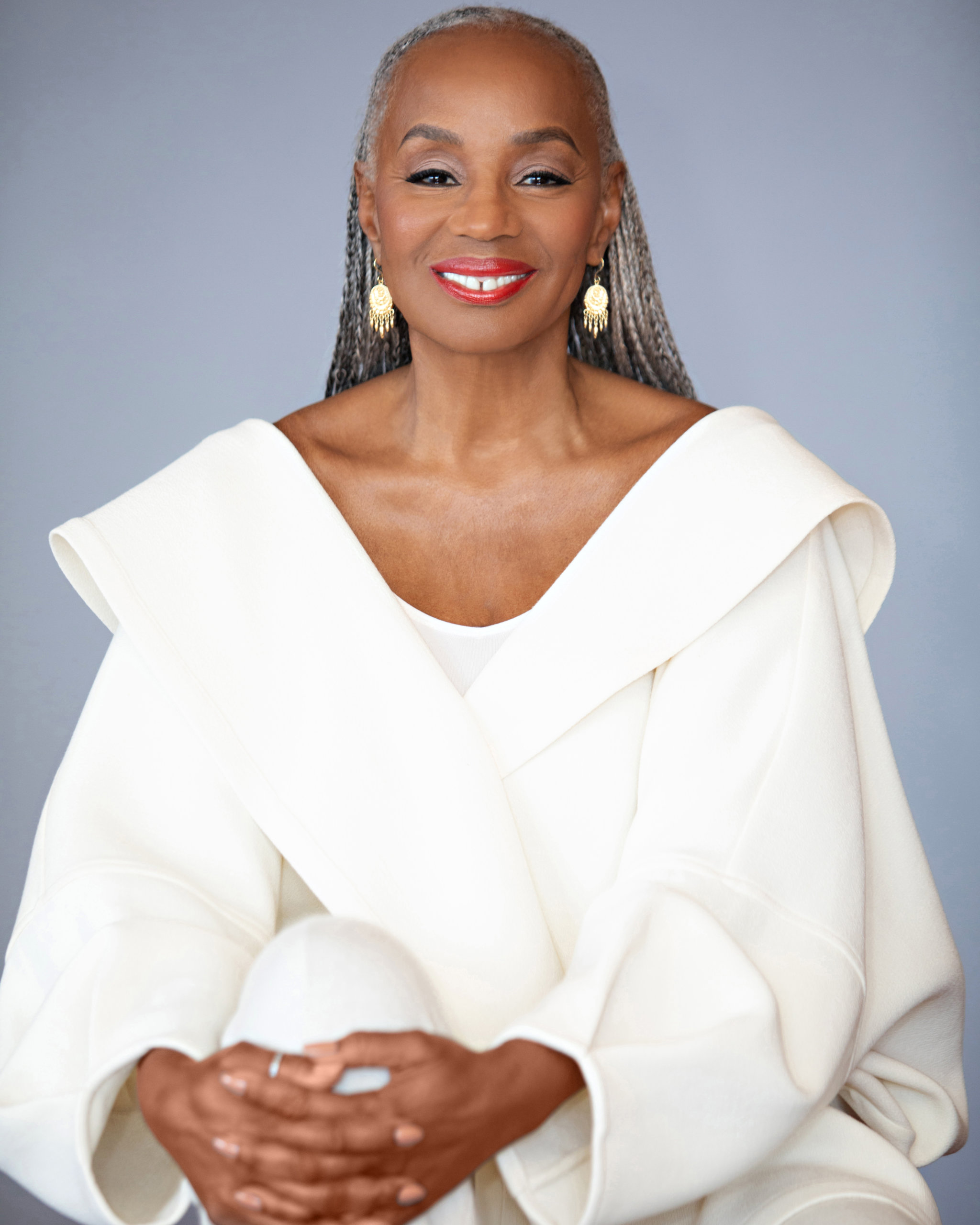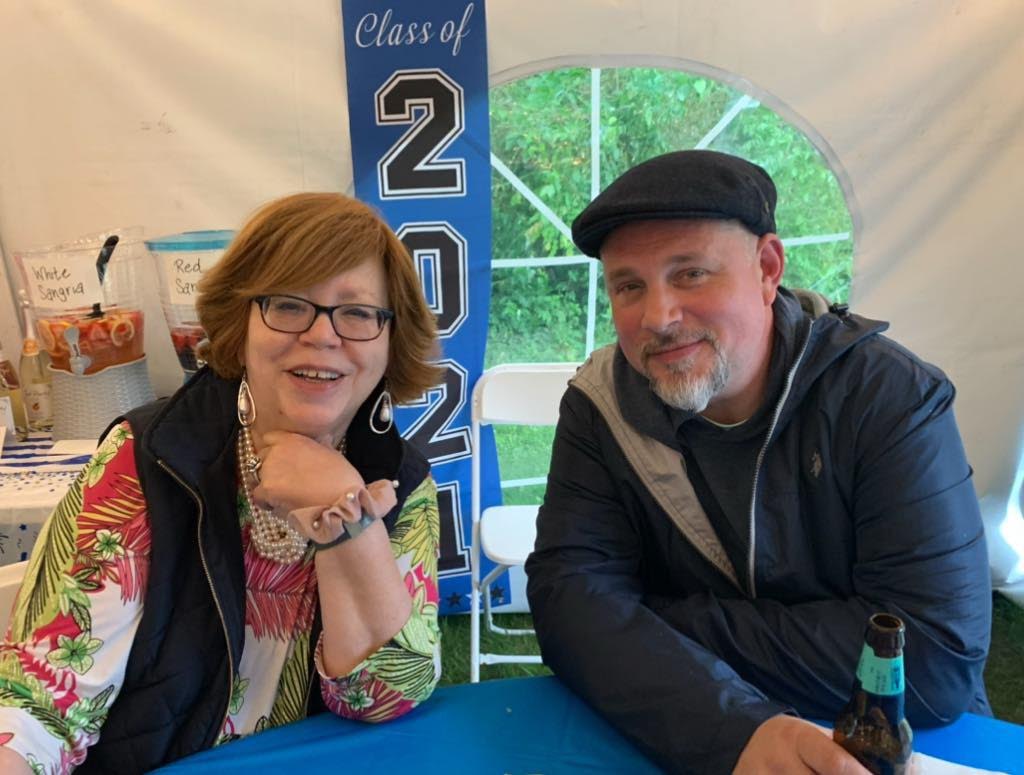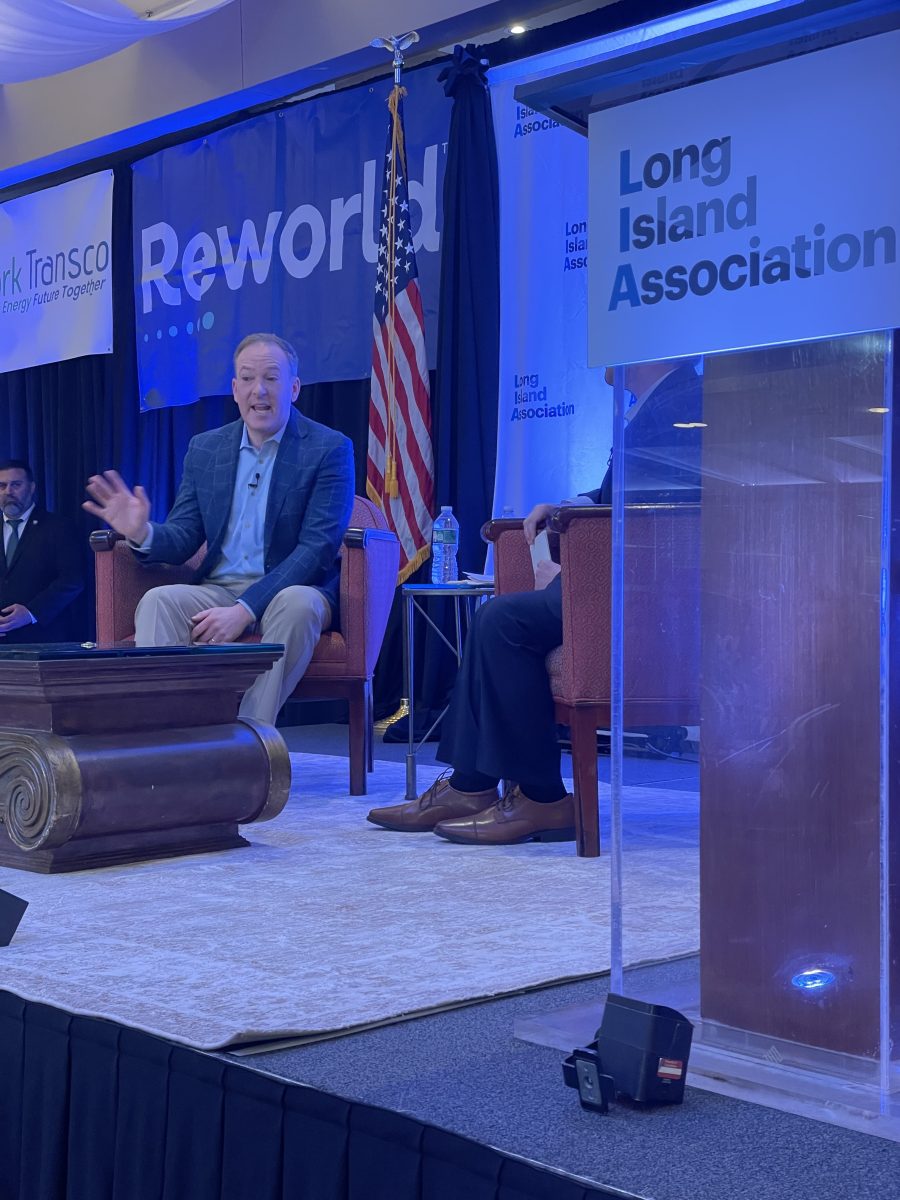Successful Philanthropy: Susan L. Taylor, National CARES Mentoring Movement

Philanthropist Jean Shafiroff speaks with fellow philanthropist Susan L. Taylor, editor-in-chief emerita of Essence magazine and founder of the National CARES Mentoring Movement.
Jean Shafiroff: Susan, you have accomplished so much in your life. Your work with National CARES is truly monumental. National CARES’ mission is ending Black poverty. Why such a huge undertaking?
Susan L. Taylor: Because it’s needed, achievable and a moral responsibility. I grew up in Harlem, working in my father’s clothing store. We moved to Queens when heroin chased away families that had the resources to move. My friends living in single-parent households were left behind. First, the parents’ lives were shattered by drugs that were dumped into vulnerable neighborhoods. Parents were incarcerated. Some died. Things fell apart, leaving children defenseless and vulnerable to the next wave of drugs to devastate Black communities—deadly crack cocaine. None of my childhood friends who were left behind survived.
Do you see things changing?
Yes, racially motivated killings of young African Americans, captured on videos, have removed blinders from many Americans’ eyes. They have stood strong for justice. They see that racial hatred and devaluing Black humanity rests squarely upon the ignorance of America’s brutal history—250 years of enslavement and inhumanely enforced, uncompensated labor of millions of Black people that built the wealth of the nation, the Western Hemisphere and created the Industrial Revolution. The impacts of demonization, unspeakable behaviors over four centuries and today’s legalized racial injustices, have concreted Black poverty—and poverty among Indigenous Peoples, as well. Today, there is an inspiring longing to know the truth about American history. As Black contributions are taught and honored, the pain many still suffer, from corporate suites to the streets, but hatreds and divisions will heal.
How is mentoring a cure for poverty?
Transformational programs and just public policies change lives. National CARES is a community-mobilization initiative, anchored by a 58 U.S.-city CARES affiliate network, including our new Hamptons CARES affiliate. Our curricula heal the life-shredding impacts of poverty and help children and parents address the traumas of living in marginalized, stigmatized [communities] and blamed for failures that are society’s own.
National CARES is the recognized leader in recruiting, training and connecting Black mentors. Why focus on Black mentors?
While leading Essence, I learned that White women and men were typically the first responders to the call for mentors. Structures didn’t exist to bring Black volunteers into the work, so we began building them, first as Essence CARES. My husband, Khephra Burns, and I were the first funders, and I was a volunteer CEO for a decade.
Describe the CARES approach.
We are building a blueprint for community recovery. Think of a Marshall Plan for Black America. Our group mentoring, conscious-shifting work provides our youngsters and low-income parents with the emotional, social, academic and career readiness support needed to become self-confident, self-sustaining, self-loving contributors to society. Black people were stolen, beaten and chained into submission. Americans were taught to hate their color, hair, lips, hips—the beauty of the African race. The imagery that prevailed, portrayed us as ignorant and savage people. These wounds are intergenerational, existing still in many minds, powering misconceptions that dehumanize Black people. They are the roots of the $23 billion gap in educating Black children, in denying Black people jobs, making our youth vulnerable to police shootings that go unpunished.
What do CARES programs achieve?
All celebrate Black heritage, instill cultural pride, cultivate critical thinking, positive psychosocial skills and a love for learning. They are implemented by psychologists, social workers and volunteer mentors who conduct small, intimate healing circles in schools, detention centers and at our University for Parents and campus-public schools STEM Mentoring Initiative.
So you feel you owe this restorative work to your community?
I am just a bridge between the haves and the have-nots. I have a great marriage and family. My real needs are met. I take none of this for granted. It didn’t have to be this way. I am the daughter of Caribbean immigrants, from Trinidad and St. Kitts, who met and married in Harlem and built a business. They became proud Americans who hung a huge flag outside our second-floor tenement window each Memorial Day. It signified pride in America for all the Black folks in our building, many war veterans. I am devoted to helping build “America the Beautiful,” so we can not just sing it, but also be it!
Jean Shafiroff is a philanthropist, advocate, TV host, writer, volunteer leader of several charitable causes. She is the author of “Successful Philanthropy: How to Make a Life By What You Give” and producer and host of the TV show “Successful Philanthropy,” which airs four times a week through LTV studios in East Hampton and in New York City Friday nights at 8:30 p.m. on Manhattan Neighborhood Network (MNN): Spectrum Channel 34 and 1995, Verizon/FiOS Channel 33 and RCN Channel 82.



